Welcome to Advice in The Stacks, a bookish advice column from me, Traci Thomas, the host and creator of The Stacks podcast. My show is all about books and the people who read them, with new episodes out every Wednesday on your favorite podcast platform. Due to the nature of the show I am constantly asked for advice on all things books, so I’m making it formal and bringing my advice to all of you with my monthly column here at SheReads.com.
If you have questions about anything book related, CLICK HERE and submit your question, and then come back the last Thursday of the month to see my advice.
I’m really into BookTok, and there’s a lot of love-hate for tropes in that space, especially when it comes to fantasy and romance books. I am just getting into the nonfiction phase of my reading life, thanks in large part to being in The Stacks pack, your Bookstagram, and listening to the podcast! I’ve been wondering if there are writing tropes in nonfiction that nonfiction readers rave or rant about, too. I haven’t come across these discussions yet (still waiting for the TikTok algorithm to bring me to a Nonfiction BookTok). You’re the biggest nonfiction reader I know, so I figured you’d have the details if there are some! Thanks, Traci!
This is such a fun question. I have never thought about tropes in nonfiction, though of course there are some. For those who have no clue what a trope is, Merriam-Webster’s dictionary defines a trope as
a: a word or expression used in a figurative sense : figure of speech
b: a common or overused theme or device : cliché
So basically for our purposes, a trope is something that comes up time and again in nonfiction books. In romance, a trope can look like enemies-to-lovers or forbidden love. In nonfiction, it can show up in some of the ways I’ve listed below. I’ve also included examples of books that feature these tropes.
Newsroom Drama
This is arguably my favorite kind of nonfiction trope. I love a book that centers around a journalist (or five) investigating a story and finding out about corruption and bad behavior. The most famous example of this has to be All the President’s Men by Bob Woodward and Carl Bernstein. I also would include Bad Blood by John Carreyrou, Bad City by Paul Pringle, and Catch and Kill by Ronan Farrow. Another trope all these books have in common is, author as character in the madness. I love the moment when you’re reading one of these books and then the author is like “that’s where I found this story” or something else ominous and inane.
Humanizing a Criminal
I think this trope was made famous by Truman Capote’s In Cold Blood where he visits and forms a bond with two men who are in prison for murdering a family, in cold blood, in Kansas. It’s the kind of book that gets at the idea that even people who do terrible things are human, and maybe just had a bad day—or at the very least are more than their crimes. Another infamous book that lives in this trope is Executioner’s Song by Norman Mailer. More recently, To the Bridge by Nancy Rommelmann about a woman who throws her two young children off a bridge in Oregon. Another trope that is present in all of these books is the courtroom drama trope, where of course the trial of the criminal is prominent in the story. You could add Helter Skelter by Vincent Bugliosi (and basically all of his books) to the courtroom drama trope list as well, among many many others.
Prison Memoir
Since we’re talking about the courtroom, another trope is the prisoner memoir. Usually these books will start with their life before incarceration, the crime, the trial and early days in prison, and then some transformation and their release. I think this trope can be a little problematic—mainly because of that whole transformation section that many of these books have, but that’s a conversation for another day. Solitary by Albert Woodfox is a top notch prison memoir, I’d also throw in The Autobiography of Malcolm X as told to Alex Haley, though that book does a lot more after his release from prison. A few others that come to mind are Bird Uncaged by Marlon Peterson and I Cried to Dream Again by Sara Kruzan.
9/11 to Purpose Pipeline
I learned about this trope from Chelsea Devantez, the host of the Celebrity Book Club with Chelsea Devantez podcast. This trope is most commonly found in celebrity memoirs, though regular memoirs have them, too, and it’s when the author does something major or drastic in response to the events of September 11, 2001. They find their purpose. Famously, in her memoir, Open Book, Jessica Simpson tells us after 9/11 she decided to marry Nick Lachey. This momentous day also comes as an impetus for Mariah Carey in her memoir, to gather her strength and keep going. It pops up in so many memoirs, and is a mini-trope I love to clock.
How to Fight Racism Books
These books are what I like to call racial self-help books. Usually they’re directed at white audiences and help white people to Do Better—as the title of Rachel Ricketts book suggests. There is of course the famed How to be An Anti-Racist by Ibram X. Kendi (though I posit this book is less of a how-to and more of a memoir). There is the fantastic Ijeoma Oluo’s So You Want to Talk About Race and Robin DiAngelo’s White Fragility. I’m not a fan of this trope, yet somehow I have read a lot of these books—more than I care to admit.
The Escape Memoir
This category could easily be broken into sub-tropes based on escape. My personal list of sub-trope escape books include memoirs about escaping war (A Long Way Gone by Ishmael Beah), natural disaster (Wave by Sonali Deraniyagala), religious family (Educated by Tara Westover), and abusive partner (In the Dream House by Carmen Maria Machado). Ultimately they all have the element of escape in common. These make for very stressful, infuriating, and titillating reads—and books that fall into this trope are plentiful.
Those are just the first nonfiction tropes that popped to my mind; I’m sure folks reading this could come up with many many more. I hope you’ll share your favorite nonfiction tropes with me.
Hi, Traci! As a Black woman, sometimes I feel insecure about not only reading Black authors. There is this tremendous (maybe self imposed?) pressure to read primarily Black, but sometimes I have other interests and want to read other things by non Black authors. Do you ever feel this way? How do I ease my sense of guilt about this?
Can I give you some advice? Read whatever you want. Read what makes you feel excited, or curious, or sad, or seen, or alive, or annoyed. Read whatever makes you feel. Reading for pleasure should be exactly that: pleasureful.
Personally I read a lot of books by Black authors, because those authors are telling the stories I want to read. They’re interrogating the world as I experience it and they are giving me space to think about my life in new and interesting ways. Whether that be through incredible narrative nonfiction like The Warmth of Other Suns or in speculative novels about the end times, like Parable of the Sower.
The truth is I also love true crime, and for whatever reason (I suspect racism and narrowmindedness in publishing) not a lot of Black folks are having their true crime books published. So, I read books by the people who are. I don’t think that is anything to feel bad about. For example there are three new books coming out about the siege in Waco on the Branch Davidian compound in 1993, and I plan to read all three. And guess what? All three are written by white dudes. Not only will I read these books I will enjoy them (I hope) and not feel one ounce of guilt that David Koresh sparks my curiosity. Do I wish Black folks were also writing about Koresh? Yes, of course. But, that’s not the case with these books—so here we are.
If you told me you were a Black person who never read Black authors, I would suggest you read some. I would encourage you to inspect the diversity of perspectives that a term “Black author” can hold. But, since you’ve said you read primarily Black already, there’s nothing to feel bad about.
I would also say this: I read books by people of different nationalities and ethnicities because I want to see the world through their experiences. Yes, you could read only Black authors for the rest of your life and learn a ton and enjoy hundreds of thousands of books, but if you did that, you’d be missing out on the stories of millions of other people as well.
There is no perfect way to read, there is no perfect way to understand other people. My best advice is read what reaches out and grabs you. Read what makes you feel.
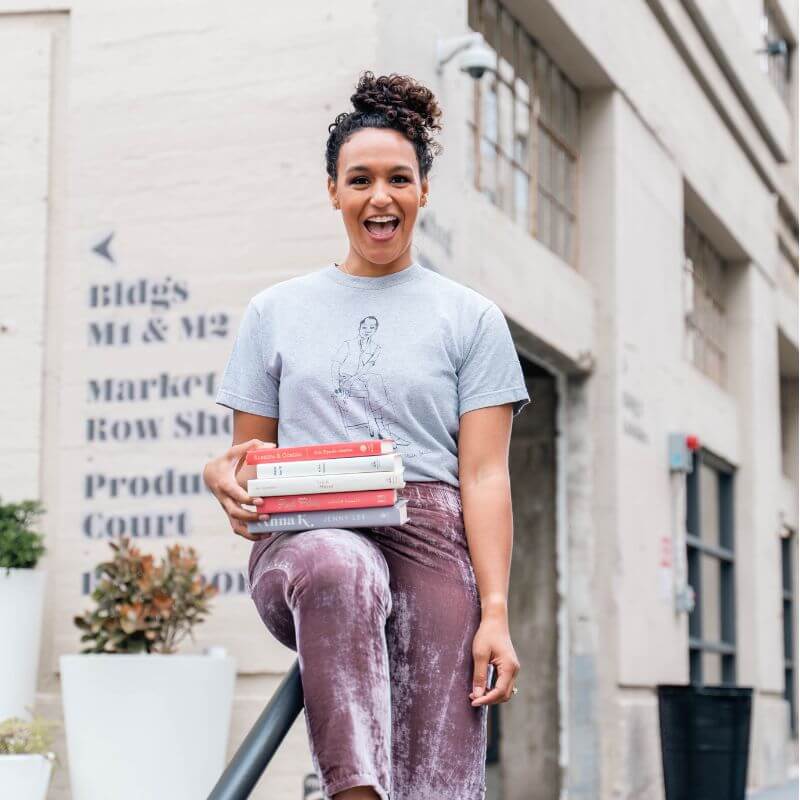
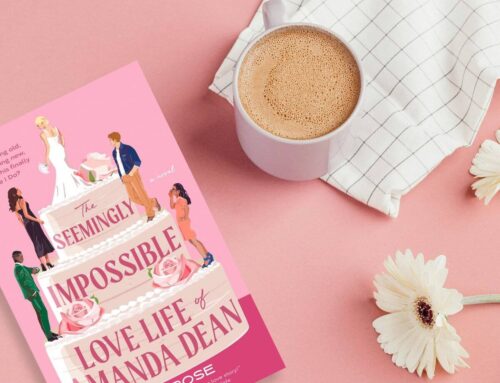
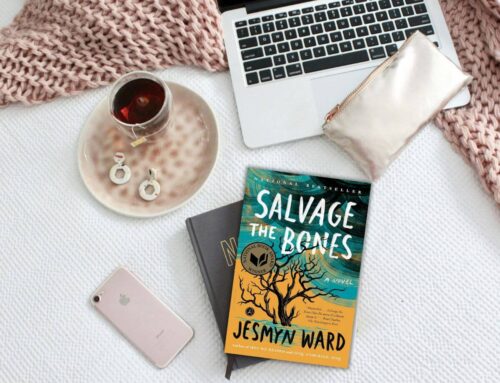
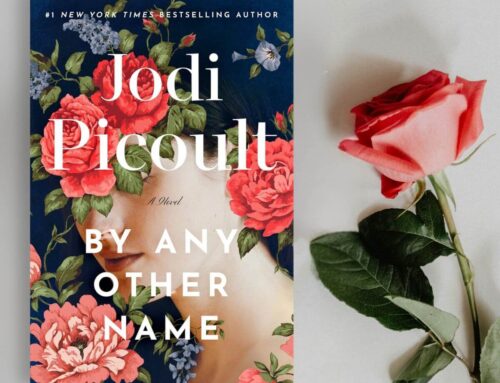
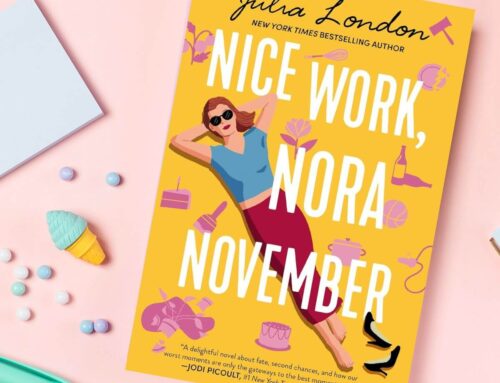
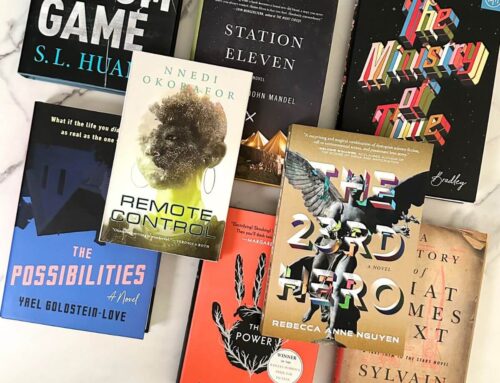
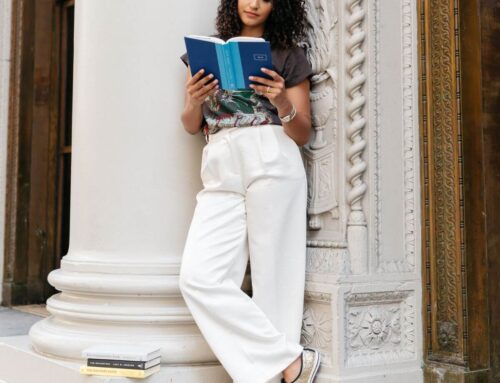
Leave A Comment